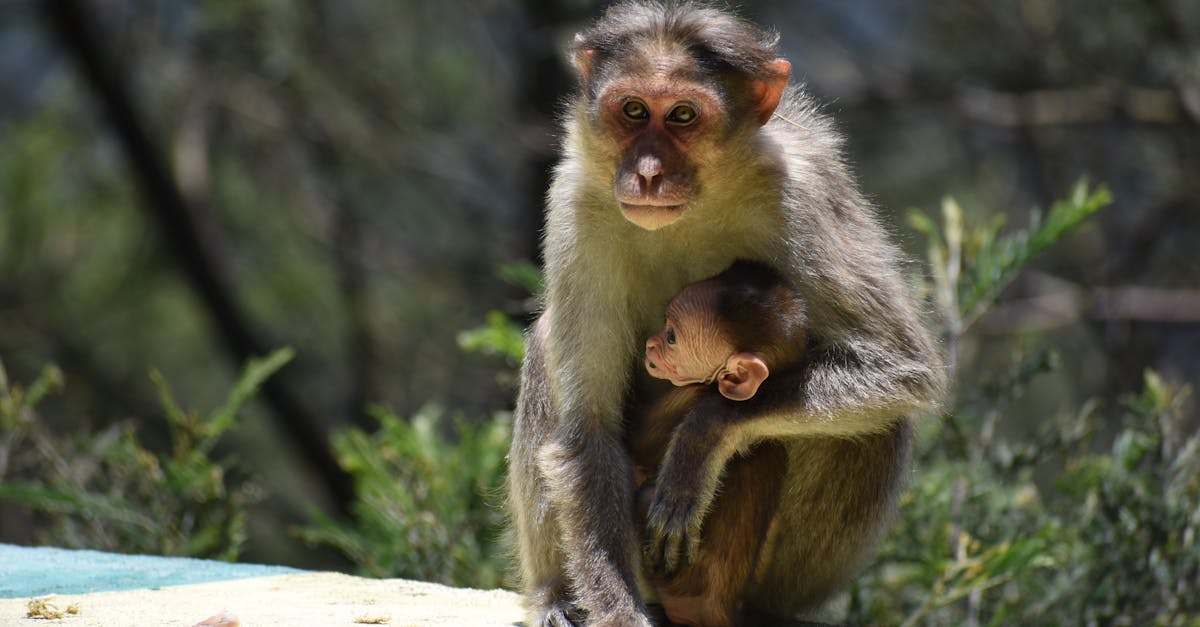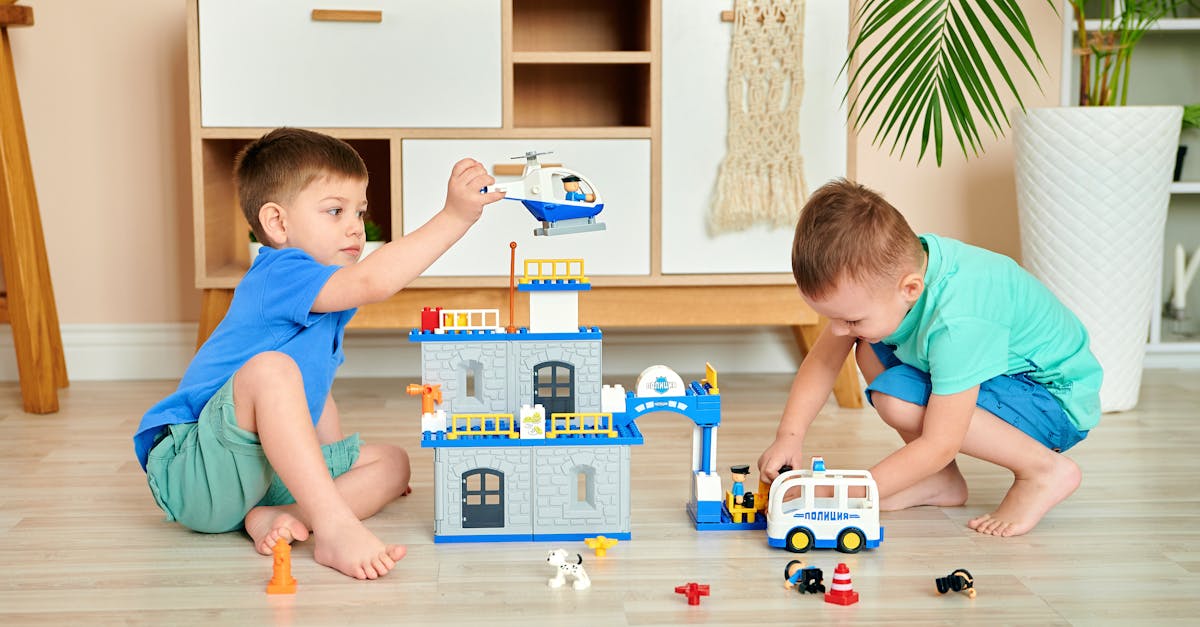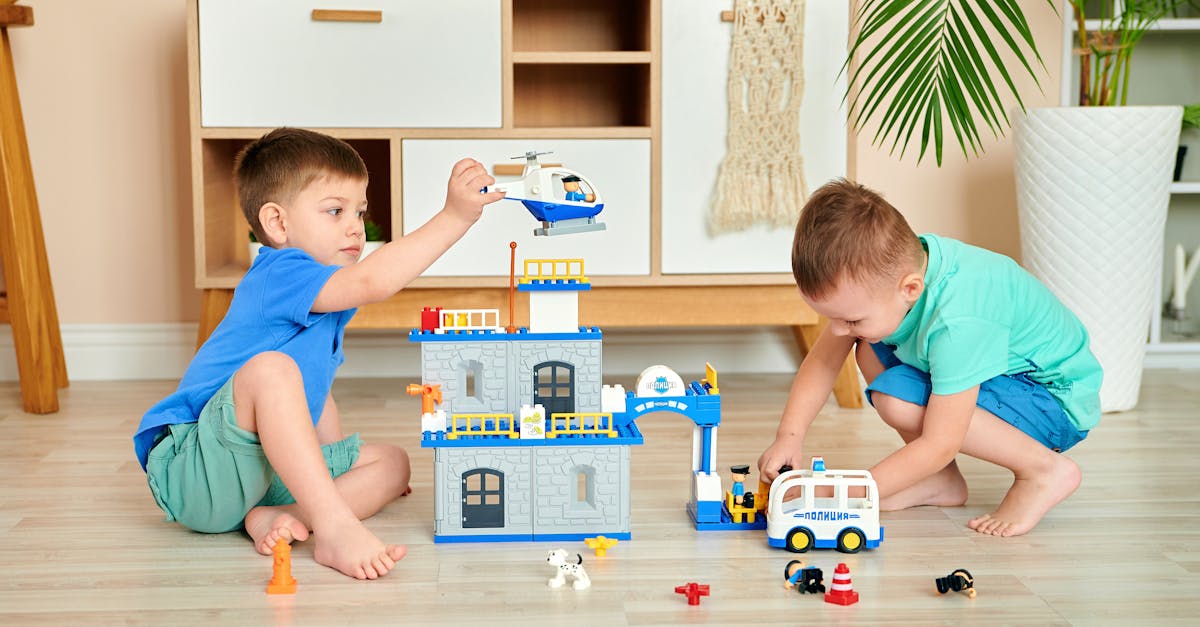Table of Contents
ToggleMaternal instinct is like a superpower, but instead of capes and spandex, it comes wrapped in love, intuition, and an uncanny ability to locate lost socks. This innate ability to nurture and protect not only shapes the lives of children but also plays a pivotal role in healing. Whether it’s a comforting hug or a well-timed snack, a mother’s touch can work wonders.
But what’s the science behind this magical connection? It turns out that maternal instinct isn’t just a heartwarming cliché; it’s rooted in biology and psychology. Exploring how this instinct fosters healing can unlock new perspectives on well-being for both mothers and their children. So, let’s dive into the fascinating world of maternal instinct and discover how it transforms not just lives but also the very essence of healing.
Understanding Maternal Instinct
Maternal instinct serves as a profound, nurturing force. This instinct significantly influences children’s lives and plays a crucial role in their healing.
Definition and Characteristics
Maternal instinct describes the inherent inclination mothers possess to nurture and protect. This instinct encompasses emotional connections, strong intuition, and empathetic responses. Mothers exhibit a deep sense of awareness regarding their children’s needs, often anticipating issues before they arise. Characteristics include the ability to provide comfort during distress, the skill to strengthen bonds through affection, and the knowledge to instill confidence and resilience in children. Such characteristics create a secure environment where children can thrive emotionally and psychologically.
Evolutionary Perspective
Evolutionary theory suggests maternal instinct developed to enhance survival rates of offspring. This instinct encouraged mothers to form strong attachments, promoting both physical and emotional safety for their children. Historically, mothers who demonstrated heightened nurturing behaviors had better outcomes for their offspring, leading to the continuation of these traits through generations. Mammalian behavior illustrates this further, with species showcasing care strategies vital for nurturing young. Such evolutionary advantages highlight the significance of maternal instinct in fostering healthy, adaptive behaviors that contribute to individual and societal well-being.
The Role of Maternal Instinct in Healing
Maternal instinct plays a vital role in the healing process for both mothers and their children. This instinct manifests through emotional support and practical care, creating a strong foundation for recovery and well-being.
Emotional Support and Healing
Emotional support significantly influences healing. Mothers often provide encouragement and reassurance, helping children navigate stress and anxiety. Deep connections enable mothers to intuitively respond to emotional needs, fostering resilience. A nurturing environment promotes open communication, allowing children to express their feelings. When children feel secure in their relationship with their mothers, it empowers them to cope effectively with challenges. This bond also enhances self-esteem, crucial for emotional recovery. Research shows that children with strong maternal support experience quicker and more profound healing during difficult times. Instances of this support reflect in their overall emotional well-being.
Physical Healing and Care
Physical healing requires attentive care from mothers. Daily routines, such as preparing nutritious meals or ensuring adequate rest, play a significant role in recovery. Maternal instinct drives mothers to monitor health closely and recognize signs of illness promptly. This proactive approach benefits both short-term recovery and long-term health. When children fall ill, consistent care, like administering medication or comforting them during recovery, accelerates healing. Studies show that children supported by caring mothers often experience fewer complications and faster recuperation. Thus, nurturing actions reinforce the importance of physical care in promoting health and well-being for children.
Factors Influencing Maternal Instinct and Healing
Various elements shape maternal instinct and its ability to facilitate healing for both mothers and children. Understanding these factors leads to a deeper appreciation of the nurturing bond.
Cultural Context
Cultural beliefs significantly affect maternal instincts and behaviors. Each society presents unique practices and values that influence how mothers perceive their roles. For instance, collectivist cultures often emphasize shared caregiving, which fosters strong community ties and support systems. Such environments can enhance the nurturing capacity of mothers, promoting a more profound connection with their children. Additionally, cultural norms around health and well-being shape approaches to healing, affecting how mothers provide emotional and physical support. Mothers from cultures that value holistic well-being may engage in alternative healing practices alongside traditional medicine, illustrating the diverse pathways through which maternal instinct manifests.
Personal Experiences
Personal experiences also play a crucial role in shaping maternal instinct and healing capabilities. Many mothers draw from their backgrounds to nurture their children effectively. Past interactions with their own caregivers can create patterns that influence their parenting styles. For example, those who were nurtured in emotionally supportive environments may replicate those behaviors with their children. Traumatic experiences can lead to heightened awareness of children’s needs, resulting in anxiety-driven protective instincts. Mothers often adapt their healing strategies based on their individual journeys, blending intuition with learned skills. Each mother’s distinct experiences contribute to a unique approach to caregiving and healing, emphasizing the importance of personal history in maternal instinct development.
The Science Behind Maternal Instinct
Maternal instinct is supported by both psychological and biological elements that demonstrate its significance in nurturing and healing.
Psychological Aspects
Emotional connections play a vital role in forming maternal instinct. These connections allow mothers to intuitively understand their children’s needs. Enhanced empathy contributes to this intuitive awareness, enabling mothers to respond promptly to distress signals. Stress contributes to maternal instinct, as heightened anxiety often leads to increased vigilance regarding children’s well-being. Research shows that this instinct influences children’s emotional stability, fostering resilience during challenging times. Nurturing behaviors not only comfort children but also create a safe environment that promotes emotional healing. Psychological support from mothers directly impacts children’s coping strategies. Greater maternal sensitivity correlates with improved child development, reinforcing the importance of psychological elements in nurturing.
Biological Mechanisms
Hormones significantly influence maternal instinct. Oxytocin, often known as the “love hormone,” strengthens maternal bonds, promoting nurturing behaviors. Changes in hormone levels during pregnancy and postpartum periods enhance emotional connections between mothers and children. Brain activity also plays a crucial role; areas involved in empathy and attachment light up when mothers interact with their children. Research indicates that a mother’s brain adapts in response to her child’s needs, demonstrating a biological basis for maternal instinct. Genetic factors may also contribute to predispositions for nurturing behaviors. These biological mechanisms work together to ensure strong attachments that support both healing and development.
Conclusion
Maternal instinct is more than just a nurturing force; it’s a vital component of healing for both mothers and their children. This instinct fosters emotional connections that pave the way for resilience and well-being. The blend of empathy intuition and practical support creates an environment where healing can thrive.
Understanding the nuances of maternal instinct reveals its profound impact not only on individual families but also on society as a whole. By acknowledging and nurturing this instinct mothers can enhance their children’s emotional stability and overall health. The ongoing exploration of maternal instinct continues to unveil its transformative potential and significance in the healing journey.







